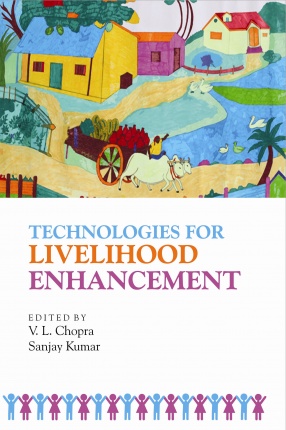The emergence of community-based forestry management is very common for forest policies in the developing world. Thus, the search for traditional forest bureaucracy of state monopoly and top-down approaches over wetland management need to be critically analysed as they have become progressively ineffective to stop the depletion. The Ramsar Site–the Sundarbans, the world's largest mangrove forest, bears the immense importance for its resources and services. As a 'Kedney' of the country its sustainability largely depends on its successful management by redefining the existing policies and interventions. An intensive 'Stakeholder Analysis' is needed to address the stakes' interests.
It is also imperative to use various valuation methods including Contingent Valuation to weigh its resources and services for the rationality and significance to justify how acknowledgement of such valuation aids in successful forest management. This book is a revised form of the Masters dissertation done in the University of Bradford, UK in 1999-2000. This book should provide serious students of development studies and other social sciences with basic ideas on contemporary issues of forest management. The development practitioner and the casual reader will get a guided tour regarding the use of development tools and issues. Policy-makers and the researchers will have food for thoughts for further avenues of initiatives.





There are no reviews yet.